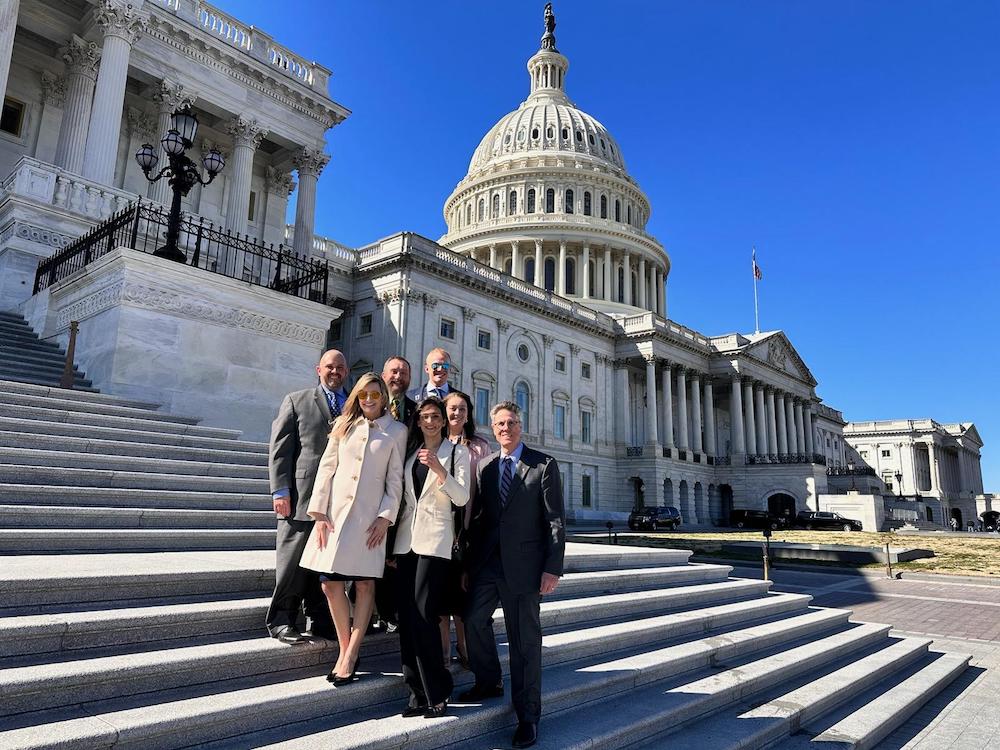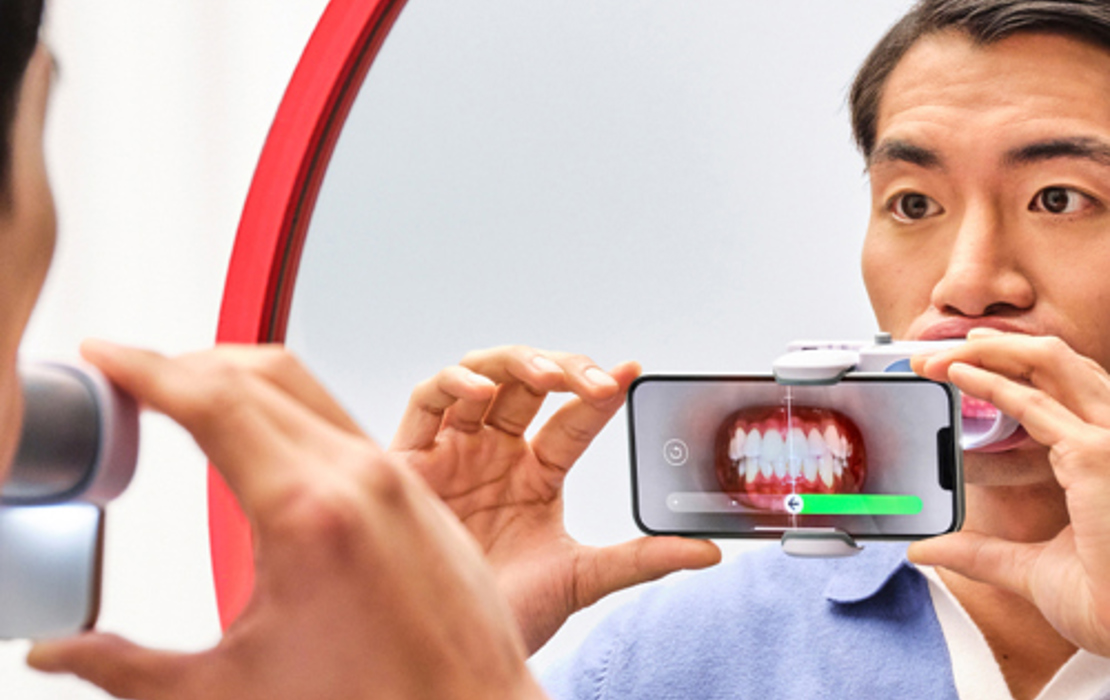The new faces of organized dentistry
Young dentists step up, take on leadership roles in tripartite

Both Alexandra Fitzgerald, D.D.S., and Adam Saltz, D.M.D., became involved with organized dentistry during dental school. After rising through the ranks, they now serve as leaders within the tripartite, bringing their unique perspectives as new dentists to the top levels of decision making.
“As new dentists, we have decades left in our careers, and the decisions made by the leaders of organizations will impact us and our patients over that period,” said Dr. Fitzgerald, president of the Maryland State Dental Association. “From a continuity standpoint, new dentists must be involved and share improvements to ensure our organizations evolve and stay relevant.”
Dr. Fitzgerald, who is also the treasurer of her local component, the Frederick County Dental Society, and a member of the ADA Council on Communications, said she has always been encouraged to share her perspective by her mentors, but there were times others underestimated her because of her age.
“Many times, I was — and still am — the youngest person in the room,” she said. “The biggest challenge I faced was people underestimating my knowledge and background. They incorrectly assumed that I could not actively contribute because I was not a practice owner with decades of experience. My fresh perspective is a positive attribute and an opportunity to see the organization through a new and different lens. Most organizations and their leadership are receptive; they want to bridge generational divides and create more inclusive and welcoming environments.”
Dr. Saltz, president-elect of the Maine Dental Association and member of the ADA New Dentist Committee, was the editor-in-chief of the American Student Dental Association during dental school. He took a break from organized dentistry during his residency, but after returning to his home state, the Maine Dental Association executive director asked him to serve on a committee, which began his journey to the presidency.
He, too, has felt he had to prove himself as a new dentist leader at times.
“The MDA could not be more receptive to the input and leadership of early career and new dentists. In fact, we have several on our board of directors,” he said. “Unfortunately, it isn’t always this easy. There have been situations where I had to prove my place because of my age and ‘inexperience.’ I work that much harder, provide meaningful feedback and forge an entirely new path for myself and other young leaders to follow.”

He said he believes every level of organized dentistry should offer mentorship programs that connect new dentists with new dental school graduates to help welcome them into their dental organizations.
“It’s easy to feel lost and disconnected early on, but this kind of supportive network could offer knowledge sharing, guidance and career advice among dentists in different practice workflows, demographics, geographic settings, etc.,” Dr. Saltz said.
Professional development programs consisting of continuing education, workshops and seminars addressing new technology, treatment planning and practice management can also help empower new dentists in the communities they serve, he said.
At the Maryland State Dental Association, Dr. Fitzgerald strives to make involvement easy for new dentists.
“Organized dentistry can sometimes place barriers that prevent involvement or make it seem unattainable,” she said. “Work-life balance is a priority for new dentists, and clearly defining expectations is fundamental, whether it be duties, advanced notice of meetings or utilizing technology.”
Most committee meetings are conducted via Zoom, making it easy for members to join from their home or workplace. Dr. Fitzgerald also engages with the students at her alma mater, the University of Maryland School of Dentistry, where she is on the alumni association’s board of directors. Her mentees serve on various Maryland State Dental Association committees and have taken part in the association’s Leadership Academy.
She said new dentists who want to be more active in organized dentistry shouldn’t hesitate to reach out to those already in leadership roles. Leaders may suggest where the dentists’ energy and efforts would have the most impact, based on their interests.
“There is enough room for everyone to contribute, and you can start small; it can be as simple as joining a committee,” Dr. Fitzgerald said.
Dr. Saltz has simple advice for new dentists looking to get involved: Just show up.
“Attend a virtual town hall, component meeting or state lobby day,” he said. “It is important for new dentists to become active within organized dentistry because our local, state and national leadership should reflect the current dental landscape. Organized dentistry offers a platform for learning, networking and career growth. New dentists can not only stay abreast of industry and professional developments but also play a role in shaping its future.”



